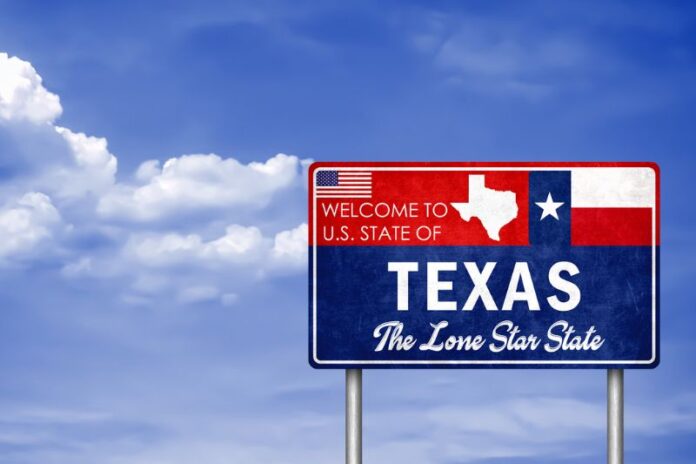There’s a standoff in Texas, and it’s not between cowboys this time. It’s between the Texas National Guard and federal border agents. All of this is occurring in the wake of a Supreme Court decision requiring the Texas National Guard to grant access to federal border agents deployed by the Biden administration in order to take down razor wire erected by Texas along the border to prevent the influx of undocumented migrants.
Recent events have caused widespread anger regarding the deployment of razor wire along the border, specifically in areas on the water. People expressed concern that migrants who encounter difficulties while crossing the water could drown in the absence of assistance from border agents. On Jan. 12, these concerns all came to a head when a mother and her two children perished while attempting to traverse the Rio Grande River. The drowning fatalities occurred in the vicinity of Eagle Pass, the site of the ongoing confrontation.
The United States has seen a mass influx of migrants over the past year, with nearly 2.5 million total encounters at the U.S.-Mexico border. Undoubtedly, the issue buried deep within this is the fact that the vast majority of these unauthorized border crossings transpire in Texas, a state that is presently grappling with the challenge of supporting its estimated 1.7 million illegal immigrant inhabitants. States such as New York, to which Florida and Texas have bussed migrants, and which are sanctuary states despite frequently bemoaning their inability to assist the migrants due to a lack of resources, are vastly outnumbered by this figure.
Eagle Pass, in particular, is a hotbed for migrant inflows. Eagle Pass is a small city of 28,130 people as of the 2020 census and has become known as a border town. Eagle Pass has a rich history, beginning as a garrison town named after the abundance of Mexican eagles that circled the area, then evolving into a customs point for the cotton and munitions trade between Mexico and the Confederacy after the soldiers withdrew.
At this moment, Eagle Pass is the focal point of the immigration debate in the United States due to the ongoing stalemate between the state of Texas and the border agents.
After the Supreme Court ruled that the Texas National Guard could not prevent the entry of border agents to cut down the razor wire, video surfaced online showing Texas officers further erecting even more razor wire. Further, video captured Texas officers impeding the entry of Border Patrol agent Humvees into the border region. However, reports have indicated that there have been no hostilities thus far. After all, Texans don’t want to harm Texans.
But what does this all mean? This situation is turning out to be the perfect analogy for the border crisis that the Biden administration has provoked: a standoff between the federal government and the state that bears the brunt of the Biden administration’s policies. It’s no wonder that 25 Republican governors have signed on to a letter stating that they stand in solidarity with Gov. Greg Abbott and the Texas National Guard.
At the heart of this entire situation is the question of whether the states will allow themselves to be trampled by the federal government. The tragic aspect of this situation is that the federal government is attempting to compel Texas to accept and process migrants that they don’t want, and then Texas is told they can’t send them anywhere else.
The fact of the matter is that the end result of this crisis is that Texas has to take care of migrants, not the federal government. Many Americans, and Texans in particular, are not oblivious to the blatant injustice of the situation; they are the ones who daily contend with the problems that illegal immigration produces. The decision of Abbott to begin transporting migrants to other states by bus is unsurprising, given that these states have contributed significantly to the migrant crisis Texas is currently experiencing at the border due to their elected officials and influence in Congress.
There is more to the current standoff in Texas than merely a disagreement over razor wire and border control restrictions. It is a prime example of a more extensive and intricate dispute concerning the sovereignty of states, the authority of the federal government and the handling of immigration in the United States.
This standoff in Texas will be remembered in history as the moment the states fought back — even if there is no bloodshed.
I pray that no hostilities transpire, and I pray that there is a favorable outcome.































